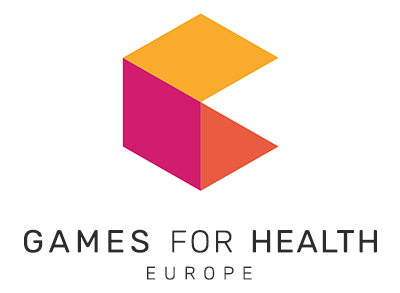Biography
Elena Bertozzi and her team have worked with scientists, artists and healthcare professionals on a variety of games that incentivize players to seek and achieve positive behavioral change. Dr. Bertozzi has written extensively on gender, sexuality and technological self-efficacy. Motivated by her experiences in using games to address previously intractable problems, she studies ways in which interactive technologies can guide players towards better decision making based on accurate knowledge. She specializes in leveraging current technologies to produce low-cost 2D games that can be delivered over the most accessible device for the target audience.
PRESENTATION
Using Games to Collect Public Health Data – 2 Case Studies
The Game Collaborative at Quinnipiac University has developed two games which collect data about players in games related to public health. The goal of the games is to acquire anonymized information through gameplay which can then be utilized to design effective materials to promote positive behavior change. This talk will discuss two projects: the Hot! Horny! Healthy! Game which was developed in collaboration with the National Institute of Health of Mexico (to normalize asking about HIV status and negotiate condom use) and deployed in Mexico City, and game developed in collaboration with Dr. Aparna Sridhar at UCLA and JSS schools in Mysore India (to collect information about family planning intentions) and deployed in rural and urban schools in Karnataka India. Both games were constructed to communicate with a database that collected information about the choices that players made in the game.
This talk will demo both games and discuss the challenges and opportunities presented by this kind of project. Both games address public health problems that have been resistant to more traditional forms of intervention. We will discuss the results of using games to transform the way that information is provided to and collected from a target population.

